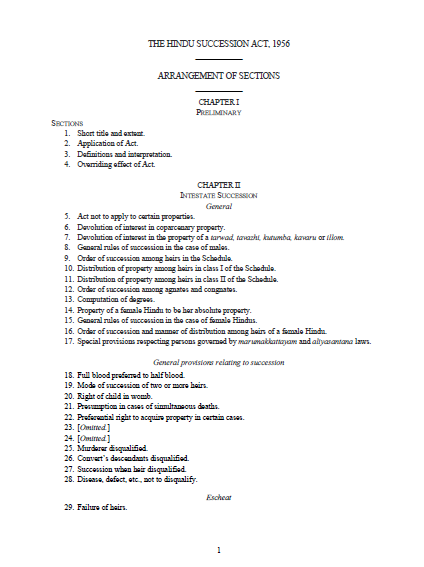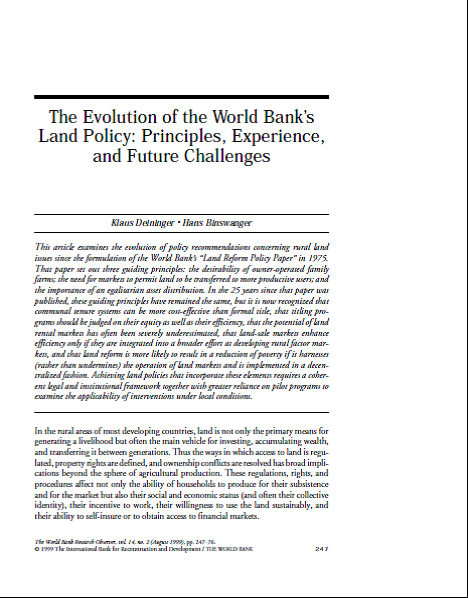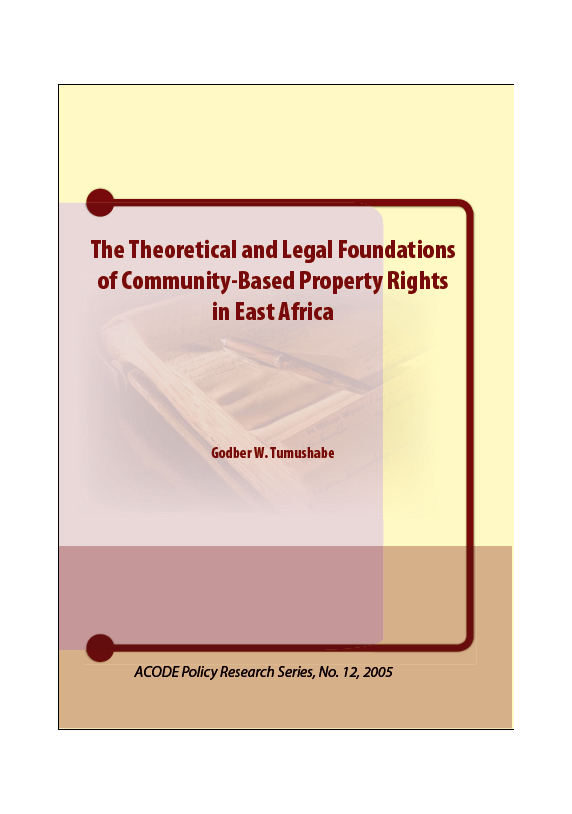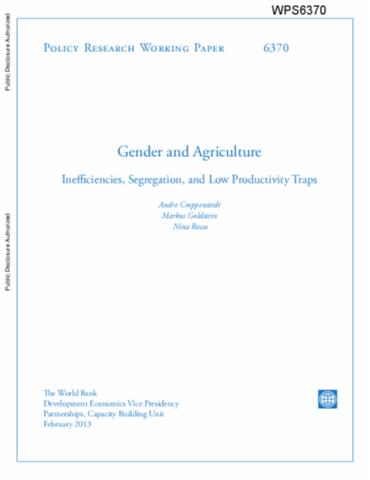Effect of changes in the institutional structure of irrigation water property rights on the willingness to pay of farmers for water: case of Tunisia
This paper assesses the economic value ofchanges in the attributes of farmers’ irrigation waterproperty rights in Tunisia. Changes on attributesgenerated by the transfer process of the property rightsfrom the collective to the individual level in addition tochanges in “constitutional” attributes were integratedinto three scenarios. The valuation was conducted usingthe Contingent Valuation Method through the elicitationof individuals’ willingness to pay. Results show positivewillingness to pay values for all scenarios.






